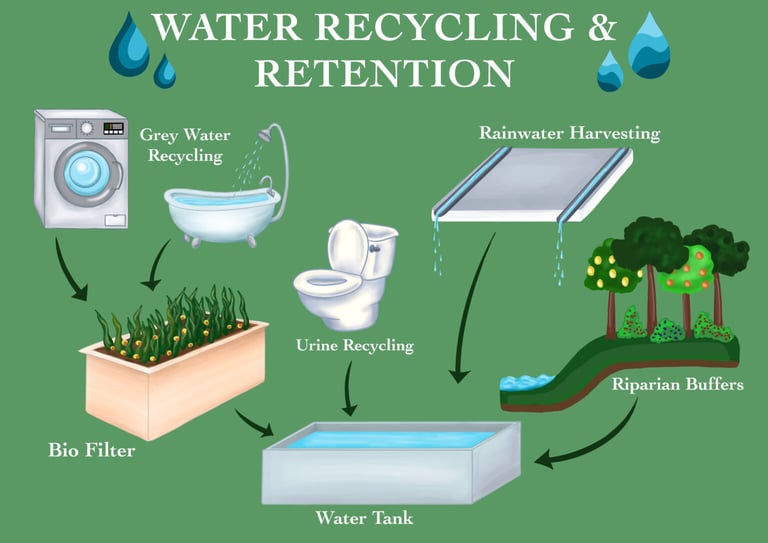The Land
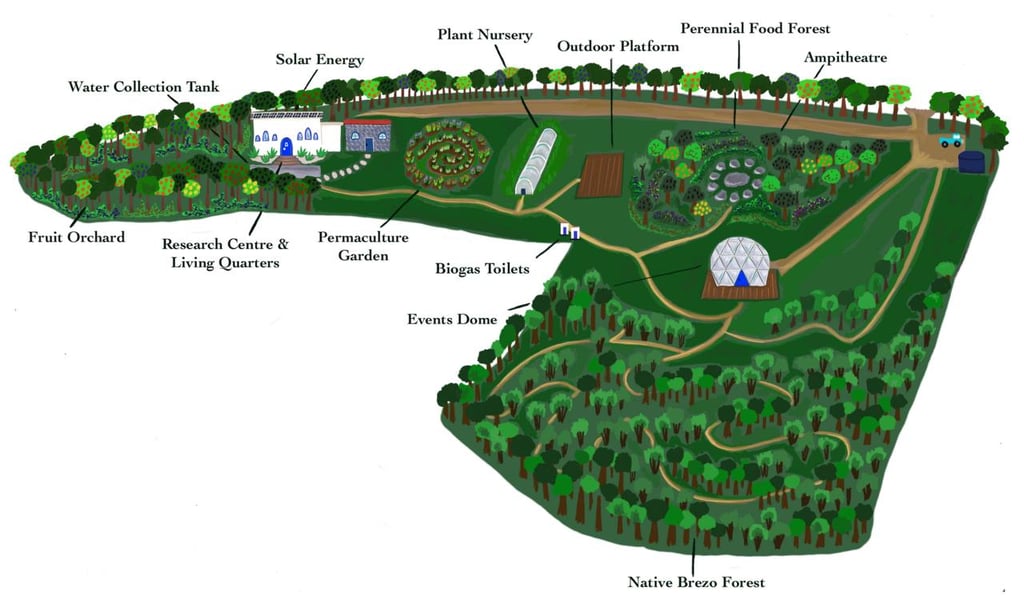

Our land is partly native brezo forest and partly agricultural terraces. The terraces are an ode to nature and her resilient spirit. After being abandoned and left unfarmed they have regrown into a mess of ferns, brambles, laurel trees and canes as well as many other types of shrub and tree. The ecosystems of the land are regenerating and it is full of birds, including owls and many bees. It is positively buzzing with life.
We have a 3,000 m2 orchard with an abundance of fruit trees. We are in the planning stages of turning this traditional orchard into a food forest using the techniques of agroforestry.
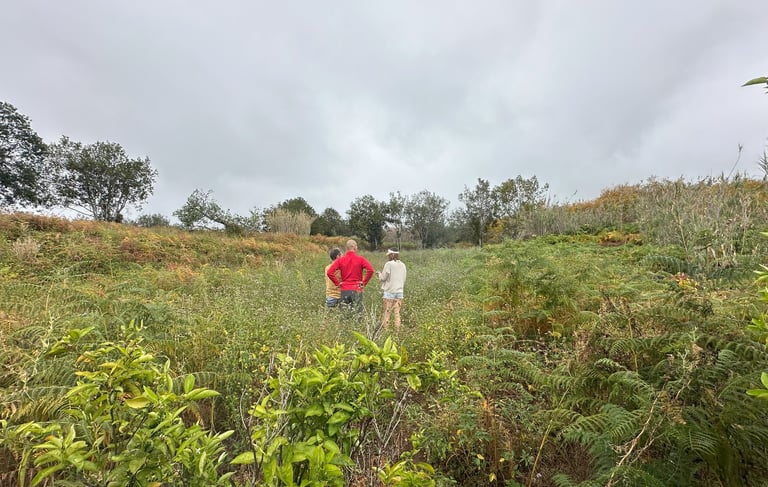

We are the guardians of this habitat, our job is to allow and aid the flora and fauna to flourish and thrive.
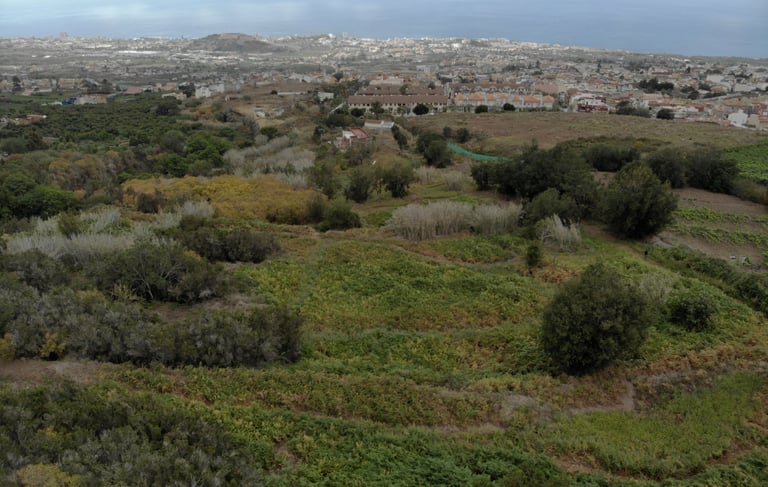

We are designing and cultivating a nature-imitating mostly perennial food forest to show how we can heal and regenerate farmland through a transformative restoration process and at the same time cultivate abundant crops to feed ourselves.
Food forests imitate nature using stacking systems with different layers which maximise land productivity and create diverse ecosystems that provide habitat for insects, birds, and soil organisms.
Reducing soil disturbance by practising no-till and implementing a keyline water irrigation system.
Companion Planting: We plant compatible crops together to enhance nutrient cycling, and deter pests and diseases.
Soil Building: One of our main focuses will be on building healthy soils by re-creating a healthy ecosystem for the plants to thrive and fend off diseases and pests.
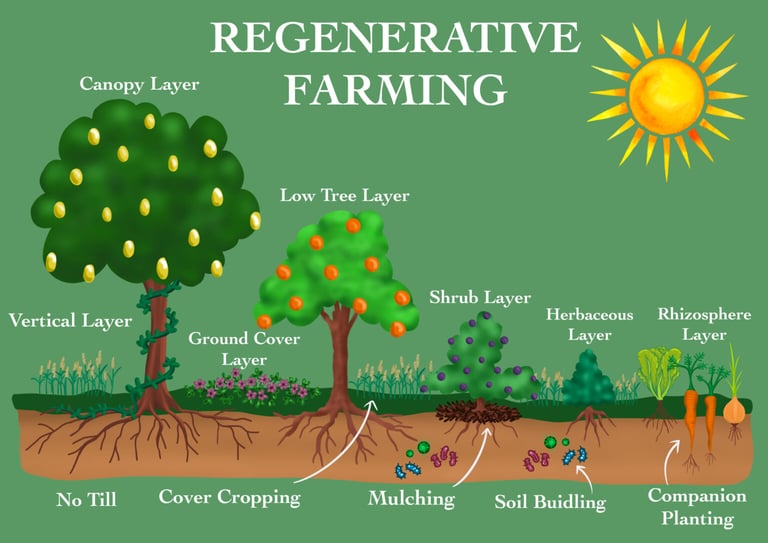

Somos will be fuelled 100% by renewable energies.
Solar panels will provide the energy for the main bulk of our needs.
We will have two bicycle generators as an auxiliary energy source. They also work as a great reminder to appreciate the value of having electricity. People can bike for 15-30 minutes to charge their phone for an hour or keep a low-usage light bulb running for a week.
For heating the house and water we have also designed a passive solar system.
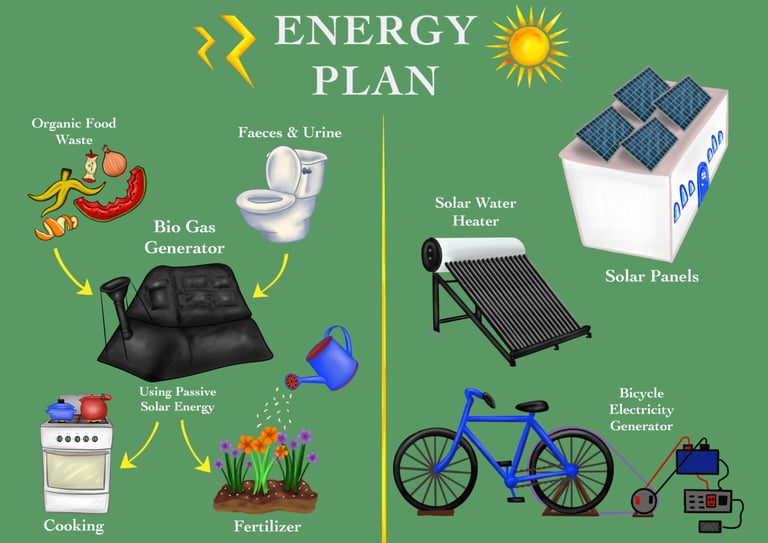

Water is an incredibly precious resource and we won’t waste a drop of it. We will conserve water using efficient crops adapted to the climate, cover cropping, mulching, keyline irrigation and efficient irrigation scheduling.
We will recycle rainwater from the roofs of the buildings and the land. We have a greywater system set up which recycles all the water from the house apart from the black water and passes it through a filter to be reused for watering the trees.
Another extremely important aspect of water management is avoiding soil being damaged by nutrient runoff caused by heavy rain.
This we will tackle by planting riparian buffers to soak up the water at the edge of each terrace.
We are diluting and recycling our urine which is full of beneficial nutrients for plants.
